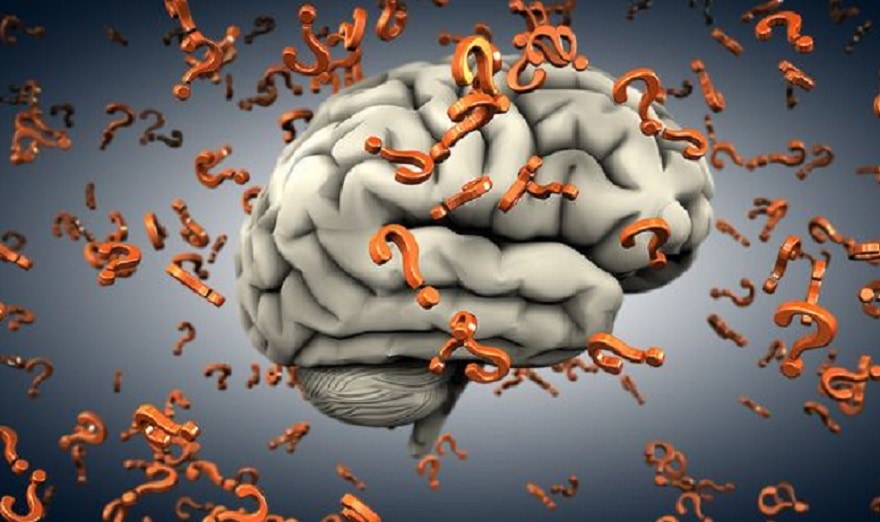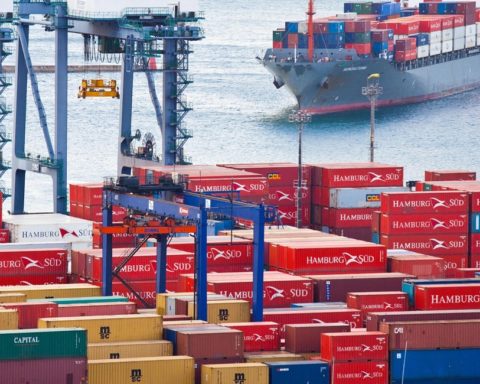Anything to add? Say it as a comment.
Scientific culture is in crisis. For several years, the universality, cultural value and social impact of scientific work has been increasingly questioned. In a forum co-signed by some sixty personalities, Virginie Tournay, director of research at the CNRS at the Centre de recherches politiques de Sciences Po (CEVIPOF), warns against this phenomenon and advocates better democratic regulation. Interview.
Marcelle Bourbier, Cevipof: The reliability of scientific data seems to be increasingly challenged by public opinion, why?
Virginie Tournay : Surveys reveal that science and scientific culture are perceived very positively by a majority of French people because they mean progress and well-being. On the other hand, there is a mistrust of data and their production, which translates into a questioning of the universality, cultural value and social impact of scientific work. This mistrust affects researchers and their institutions. It is to be distinguished from the challenges that mark out our industrial modernity: there has always been opposition to innovations and there always will be. On the other hand, the discrediting of institutions and scientific work that has been developing in recent decades should alert us.
MB: What causes this phenomenon?
VT The excesses of hypermediatization and deregulation of the information market are the main causes of the rise in power of previously ultra-minority alter-scientific discourse. Numerous analyses, including those of Gerald Bronner, confirm the role of digital media as a sounding board for often minority but very active challenges. Certain emblematic personalities, whose statements are contested by the scientific community, have a strong authority in these media. On Youtube, videos question the effectiveness of chemotherapy or establish a direct causal link between the consumption of chickpeas and increased sexual performance. They are viewed by several hundred thousand Internet users. This is transforming the way people perceive practices for evaluating the effectiveness of innovations.
MB: Is this observation of institutional mistrust shared in society?
VT : In 2013, Robert Badinter, Jean-Pierre Chevènement, Alain Juppé and Michel Rocard in France needs technical scientists already noted a worrying development in science-society relations due to active minorities rejecting any innovation and the impossibility of conducting contradictory scientific debates in a peaceful manner. The increasing visibility of anti-vaccination discourse and the chronic undermining of drug evaluation systems are illustrations of this. Scientific expertise continually commented on by fear-mongers leads to a paralysis of political decision-making, with the result that research in Europe, particularly in the field of biotechnology, is drying up. Today, this observation of institutional mistrust is shared by those who do the scientific work, those who regulate it and those who popularise and disseminate it. This is what the platform expresses. “Scientific culture must be regained." which I have co-signed with a number of prominent academics and politicians.
MB: You indicate that this mistrust is linked to "precautionary populism", what does this expression mean?
VT: This expression, borrowed from Gérald Bronner, refers to a mental disposition that consists in overestimating low probabilities: I believe everything I fear. The term populism corresponds to the political expression of this error of judgment. Its use can affect the general interest. For example, the peopolisation of the fight against vaccination analysed by Jocelyn Raude involves a maximalist interpretation of the precautionary principle. In the 1990s, the rumour of a link between injunctions against hepatitis B and the occurrence of multiple sclerosis cases led to the cessation of the vaccination campaign. The principle of herd immunity, which had saved entire populations from polio or diphtheria decades earlier, was thus undermined and immunization coverage weakened.
MB: Is the communication of scientists part of this mistrust? How should scientific communication be linked to political decision-making?
VT: The scientific approach to public decision-making should be rehabilitated without over-determining it. If the speeches of fear-mongers must be excluded from political decision-making, experts should not arbitrate the political decision or judge its outcome. The question of health and environmental risks and GMOs is a matter for the experts in the field alone, but the model of our agriculture must remain a democratic debate. The failure of government communication at the time of the H1N1 crisis on its vaccination policy is linked to the fact that prescribers and Internet users were not affected. Effective communication must target its targets, clarify scientific uncertainties and denounce uncertainties related to negligence or conflicts of interest. Another tension in science-society relations concerns scientific prescriptions in the private sphere. For example, if the scientificity of homeopathy is questionable, should its sale be prohibited? There is no simple answer.
MB: How should we think about the democratization of scientific and technical affairs? Could one solution be to instil more participatory democracy?
VT : Could we today pass the Neuwirth law authorizing the contraceptive pill in 1967 if we had the scientific knowledge at the time? Consultative procedures around the unknown effects on women's health would probably have prevented it. Our institutional culture today aims to lock in any uncertainty. It has changed much more than our relationship to emerging technologies. Yet, when faced with food or environmental risks, people do not necessarily wish to engage personally and actively in the debate, but they demand more guarantees in terms of the expertise produced, as the results of the Political Confidence Barometer carried out by the CEVIPOF. A new social contract between science and society must be thought out.
Does this involve an increase in the number of democratic bodies in the area of scientific and technological choices? I believe that we must make parsimonious use of this type of tool. The whole issue is to establish the right frontier between the legitimate questions of public opinion, whose expression is the basis of democracy, and inconsiderate or absurd demands. For example, whistle-blowers have been necessary in the asbestos or contaminated blood cases. But what about the New Zealand law requiring the government to respond officially to all citizens' requests? Thus, in 2014, Prime Minister John Key had to prove, with the help of a doctor and a veterinarian, that he was not an alien!
Interview by Marcelle Bourbier, Cevipof - ©Sciences Po
Virginie Tournay, Director of Research at the CNRS at Sciences Po's Centre for Political Research (CEVIPOF), D. in political science, also holds a DEA in cell biology. His research concerns the politics of life, from the political "administration" of the biological body to the regulation of medical and agricultural biotechnologies (regenerative medicine, synthetic biology and gene editing products).
Source : Political Science
Login
0 Comments
Inline Feedbacks
View all comments












